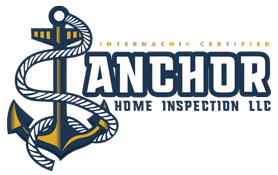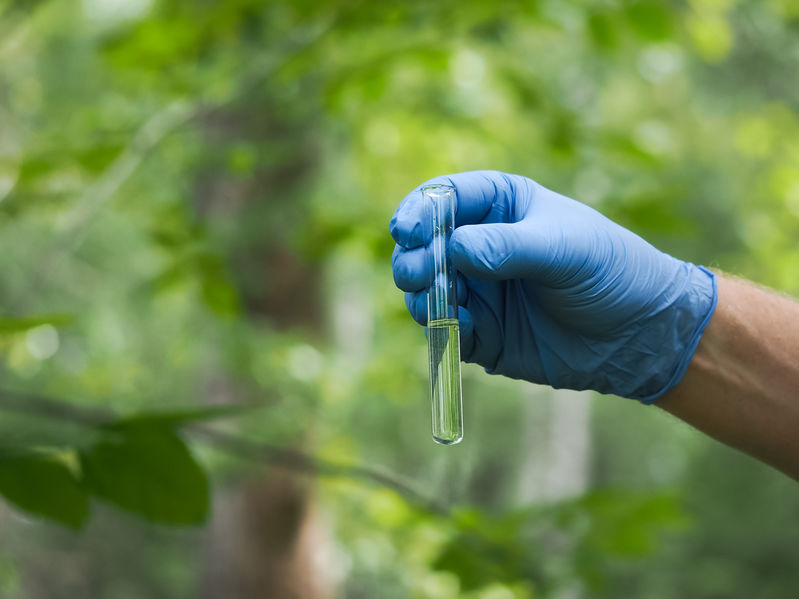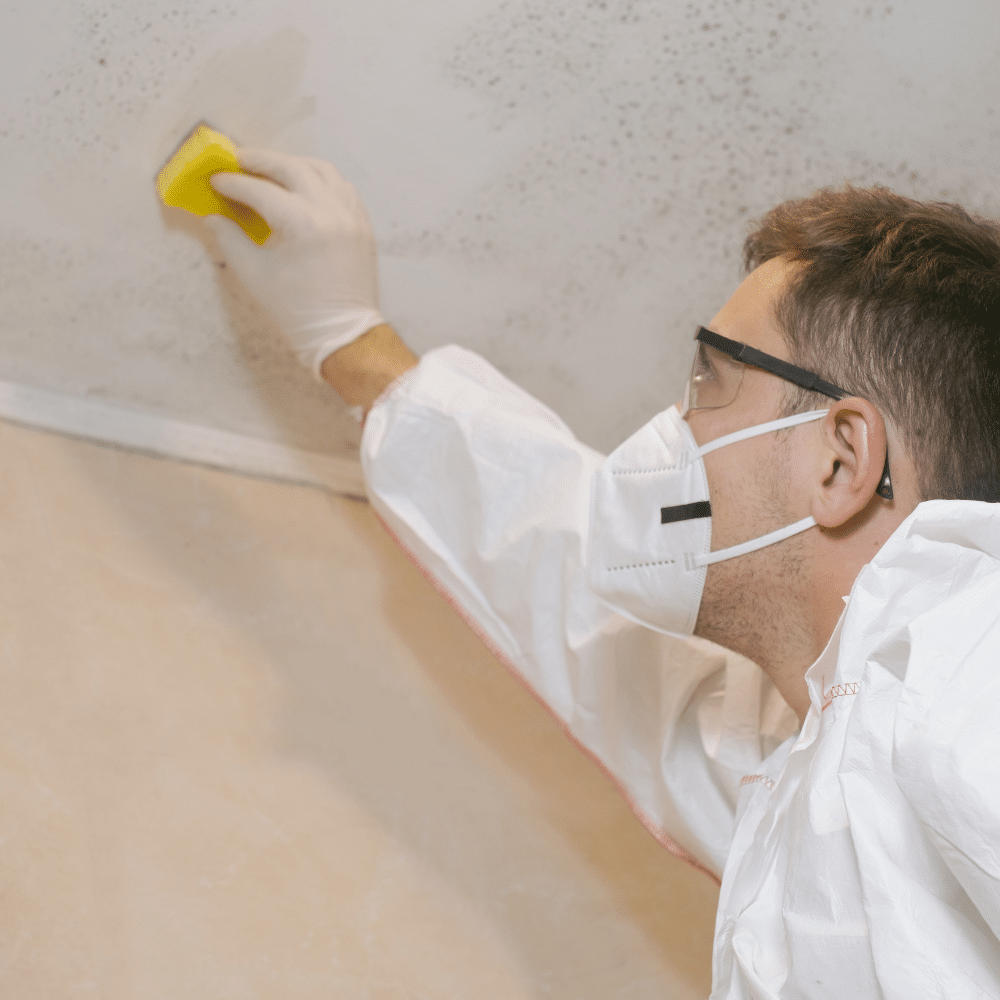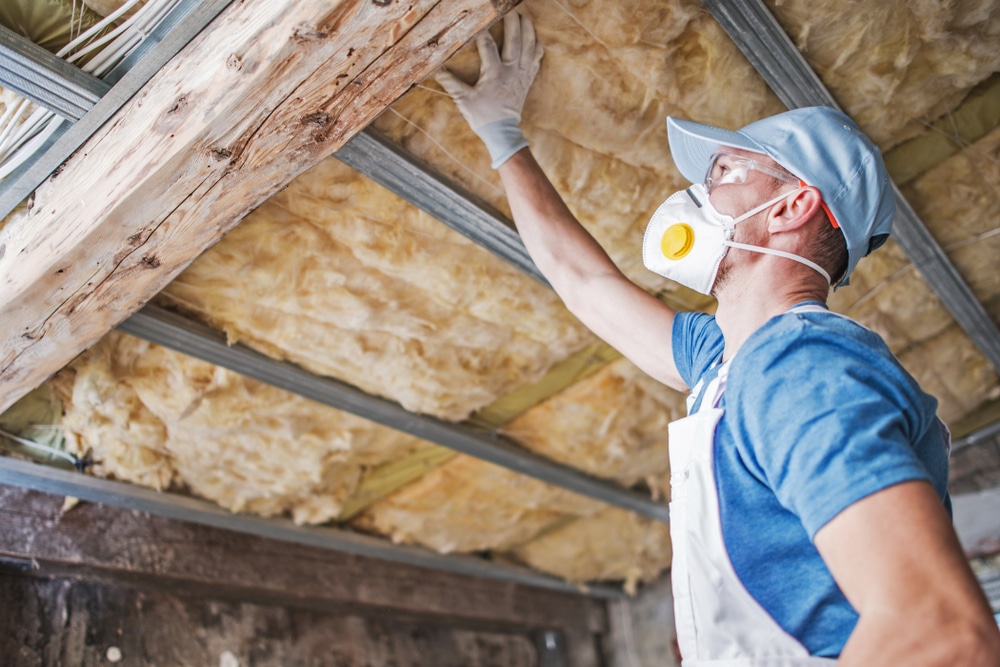It is important to test your private well’s water quality on a regular basis. This is an important part of maintaining a safe and reliable source. These test results will allow you to properly address any specific problems with your water supply. Getting this test will help ensure that the water source is being properly protected from potential contamination. It will also make sure that the appropriate treatment has been selected and is operating properly.
You want to test the suitability of the water quality base its intended use. This could be for livestock watering, chemical spraying, or drinking water. This will assist you in making informed decisions about your water and how you use it.
WHY IS REGULAR TESTING IMPORTANT:
- It can help identify any existing problems
- This will ensure that the water is suitable for its intended use- especially if the water is used for drinking by humans and animals
- If the track has changed over time
- To determine the effectiveness of a treatment system
Keep in mind that the quality of the water source may change over time. It can happen gradually or even suddenly. Changes are capable of going unnoticed because the water could look, smell, or even taste the same. It is important to have the water tested regularly to so you can catch any changes.
IS THE WATER SAFE TO DRINK?
The only way you can tell if your drinking water is safe is to have it tested by a certified laboratory. Unfortunately harmful bacteria, parasites, and viruses are invisible to the naked eye. Just because the water looks and tastes good doesn’t always mean it is safe to drink. These microbes can exist in surface and groundwater 
Unfortunately there are certain chemical contaminants that may be found in a water source that can cause long term health problems but they take years to develop. If you have frequent water testing done, then you will be able identify any unsafe water. This can ensure that the treatment system is treating the water to a satisfactory level.
TESTS YOU SHOULD HAVE DONE
There are several useful tests available to help you determine the health and safety of a water supply, and the performance of a water treatment system. If you are unsure which tests to have done, then you can always call your local health department. They can assist in selecting tests important for assessing your drinking water. You can also call Anchor Home Inspection for any questions of services!
- Basic water potability:
Include tests for coliform bacteria, nitrates, pH, sodium, chloride, fluoride, sulphate, iron, manganese, total dissolved solids, and hardness. - Fluoride:
Fluoride is an essential micro-nutrient, but excessive amounts can cause dental problems. - Nitrate:
A common contaminant found mainly in groundwater. High nitrate concentrations can be particularly dangerous for babies under six months, since nitrate interferes with the ability of blood to carry oxygen. - Sulfate:
Excessive amounts of sulfate can have a laxative effect or cause gastrointestinal irritation. - Coliform bacteria:
Indicate the presence of microorganisms in the water that are potentially harmful to human health. - Total dissolved solids:
Represent the amount of inorganic substances (i.e. sodium, chloride, sulphate) that are dissolved in the water. High total dissolved solids (TDS) can reduce the palatability of water. - Ions:
Ions such as sodium, chloride, sulphate, iron, and manganese can impart objectionable taste or odor to water. - Additional testing
There are other tests that may be appropriate if a particular contaminant is suspected in the water. For example, groundwater sources are sometimes tested for arsenic, selenium, and uranium. Both surface and groundwater sources may also be tested for pesticide contamination.
HOW OFTEN SHOULD YOU TEST YOUR WELL WATER?
If you have a private well water then it should be tested at least once a year. If you drinking water supply is obtained from shallow wells and surface water sources then they should be tested more frequently (i.e. seasonally). These kinds of wells need to be check more frequent because they are more susceptible to contamination.
It is important to test your drinking water at the tap and at the source. Have both tested will help determine if your treatment system is performing correctly. This will also check if the quality of your source water has changed.
Call Anchor Home Inspection
Anchor Home Inspection is always available by phone to answer questions regarding your home. If you would like to consult with a professional about a home inspection, call Anchor Home Inspection now to schedule a home inspection today.
Anchor Home Inspections is a quality Home Inspector to Connecticut. Contact us to schedule a home inspection or any of our other home inspection services.
Home Inspector CT
Home Inspection CT
Home Inspection Services CT
Home Inspection Company CT
Home Inspectors Near Me
Home Inspection Near Me
Best Home Inspectors Near Me
Home Inspection Services Near Me
Home Inspection Company Near Me
Home Inspections CT
Radon Testing CT










